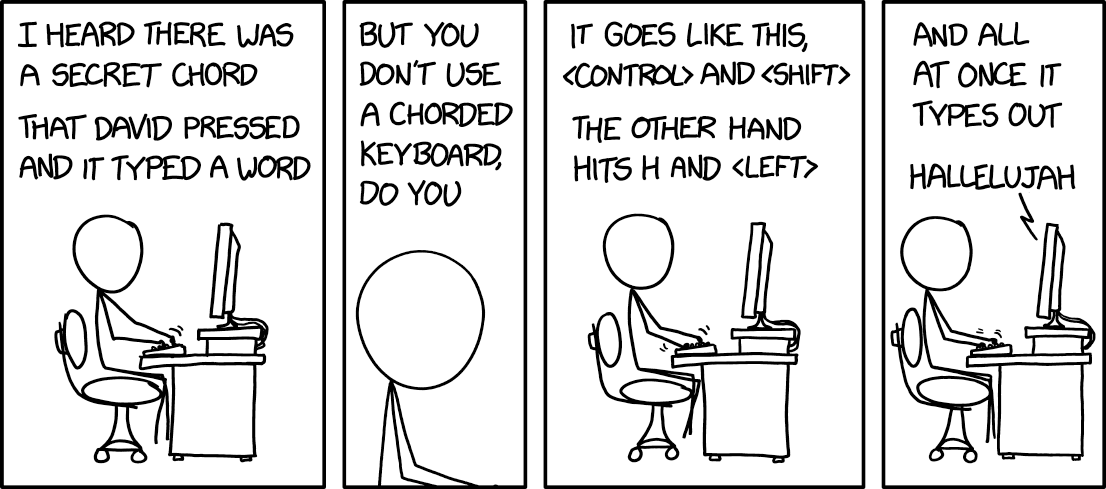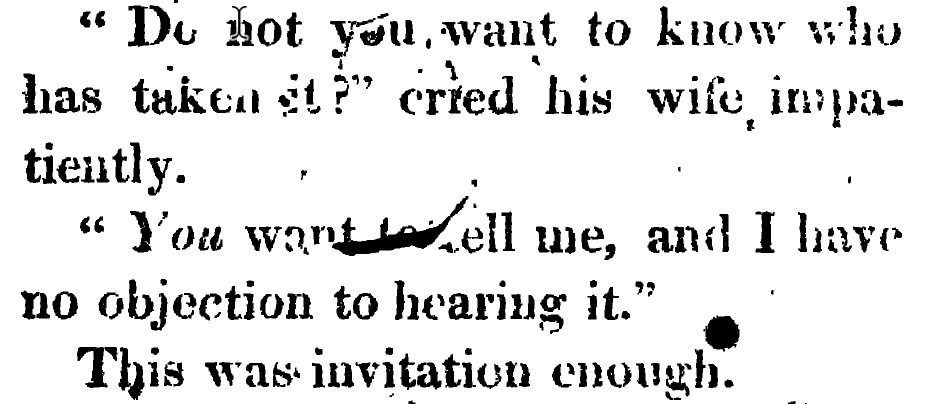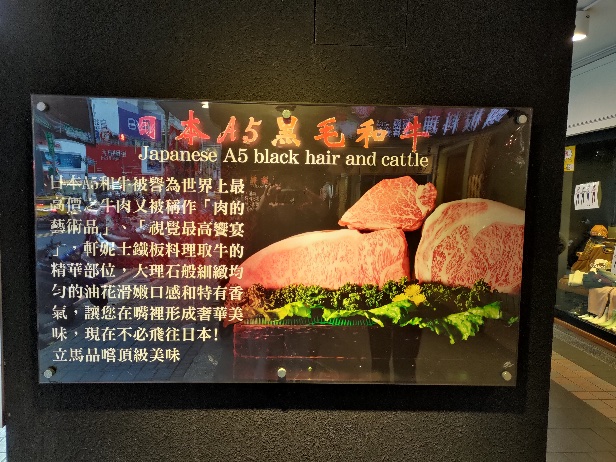Archive for February, 2022
Good translation is an art: Bēowulf
As a published translator myself, I certainly strive to make my translations worthy of being considered as art. But it isn't always an easy task. Witness "The Tricky Art of Translation and Maria Dahvana Headley’s Modern Beowulf", CD Covington, Tor.com (Mon Feb 7, 2022):
It’s not very often that a thousand-year-old poem has a new translation that gets people hyped up, at least in the Anglophone world, but Maria Dahvana Headley’s recent Hugo Award-winning translation of Beowulf stirred up a lot of interest—there’s even a video series of writers and entertainers reading it out loud. (Alan Cumming’s section is excellent—he really knows his way around alliterative verse.)
…
Read the rest of this entry »
Chinese nationality
The Forever War
Geoffrey Pullum, "Chomsky's Forever War", National Review 2/17/2022:
Few American linguists were puzzled when they saw the title of Randy Allen Harris’s book about events in their discipline between 1965 and 1975: “The Linguistics Wars.” Academic feuds are famously bitter, but the hostilities that Harris chronicled were unusual even by the standards of the humanities and social sciences.
Studying and interviewing linguists the way an anthropologist might study the culture of a belligerent primitive tribe, Harris produced his insightful but also entertaining book in 1993. Oxford University Press has recently published a revised and expanded edition (2021). Typically, historiography of arcane intradisciplinary wrangling among grammatical theorists would not get that far. The wide appeal of this book is probably due to its central character. Looming over the whole story is the charisma, influence, and personality of a single individual whose work utterly dominates the field: Noam Chomsky.
It is quite difficult to explain in nontechnical terms what triggered the linguistics wars, but let me try.
Read the rest of this entry »
Nonnegation
In reading texts from the earliest times of Chinese writing up to the present, and at all social levels and linguistic registers, I have noticed a curious phenomenon. Namely, often an overtly negative particle or term will have no privative or prohibitive force, but is simply there for rhythmic, clitic, or rhetorical function.
Naturally, since negation is normally marked and unmistakable in its purpose, when its unaffirmative function is lost / absent / missing, interpreting the intended meaning of such a statement or utterance can be challenging.
I was prompted to contemplate this curious phenomenon when I was writing a message to my brother in Chinese, and realized that "guǎn tā 管它" and "béng guǎn tā 甭管它" mean the same thing: — "forget about it; leave it alone; don't worry about it"! — with or without the negative word being overtly present.
Read the rest of this entry »
Orthography of prosodic focus: The history
It's well known that Jane Austen's novels made extensive use of italics to mark prosodic focus. Here's the first example from Pride and Prejudice, which occurs in the eighth sentence of the work, on p. 2 of the 1813 first edition:
"Do not you want to know who has taken it?" cried his wife impatiently.
"You want to tell me, and I have no objection to hearing it."
This was invitation enough.
Read the rest of this entry »
Lexical demonetization
The OED's gloss for demonetization is "The action of demonetizing a type of coin, note, currency, or precious metal; (also) the condition of being demonetized", where the verb demonetize is glossed as "To deprive (a type of coin, note, currency, or precious metal) of its status as money; to withdraw from use as legal tender."
For those of us who retain a similar idea of what those words mean, this tweet may take a minute to figure out:
Algorithms are causing human language to reroute around them in real time. I’m listening to this youtuber say things like “the bad guy unalived his minions” because words like “kill” are associated with demonetization
— badidea 🪐 (@0xabad1dea) December 15, 2021
Read the rest of this entry »
How to pronounce the surname "Mair" and other Doggie talk
People pronounce my surname all sorts of different ways — Myer, Mare, Meer, Mire, as in Golda Meir, etc., etc., with the number of syllables (one or two), accent, and vowel quality varying almost limitlessly — but I've never once in my life "corrected" anyone, because I think they're all legitimate. Think of the different ways to pronounce Sun Yat-sen's and Chiang Kai-shek's names, and how to pronounce 陈 (Chen, Chin, Chan, Tan).
After all, people in the same family may pronounce their own surname differently, e.g., Boucher ("Butcher, Boochez"), Naquin ("Na-can, Næ-kwin"), and the famous Penn Sinologist Derk Bodde (1909-2003) introduced himself as "Derek Bod", whereas most other people called him "Durk Bod-de").
Read the rest of this entry »
"Tigger Chen" and "Instant Noodle Sister"
In "Fly High, Frog Princess! Well Done, Chen No. 3! The world’s most popular Olympians are household names. But to Chinese fans who delight in creating nicknames, they’re different characters entirely", Andrew Keh and John Liu (NYT, 2/15/22) highlight some of the affectionate monikers that have been applied to athletes at the Beijing Winter Olympics. Here I extract several of the favorites:
Chén Sān 陈三 ("Chen No. 3") = Nathan Chen (figure skater), three-time World champion, three-time Grand Prix Final champion.
[This nickname] requires some understanding of international figure skating history. In the eyes of Chinese skating fans, he is the third prominent skater from North America with the Chinese surname Chen, which, in English, can also be spelled Chin, Chan or Tan, depending on the original dialect. Before him came Tiffany Chin, who was the U.S. national champion in 1985, and Patrick Chan, the 2018 Olympic gold medalist from Canada.
Chen's Chinese name is Chén Wēi 陈巍; some fans call him “Tigger” (Tiàotiào hǔ 跳跳虎), using the Chinese translation for the Winnie the Pooh character.
Read the rest of this entry »
South China becoming Chinese
[This is a guest post by Bob Ramsey]
Museum of Chinese Writing near Anyang*, in North China:

*First stable capital of the Shang / Yin Dynasty (c.1600-1046 BC) and the site of the discovery of the largest cache of oracle bone inscriptions (beginning of the Chinese writing system).
Read the rest of this entry »
"Situationship"
In honor of Valentine's day, here's a word that may be new to some of you: situationship, defined by Wiktionary as
(neologism, informal) A romantic or sexual relationship in which the parties involved do not clearly define their relationship as such, but for example consider it "complicated" or a friends with benefits-type situation.
Read the rest of this entry »




